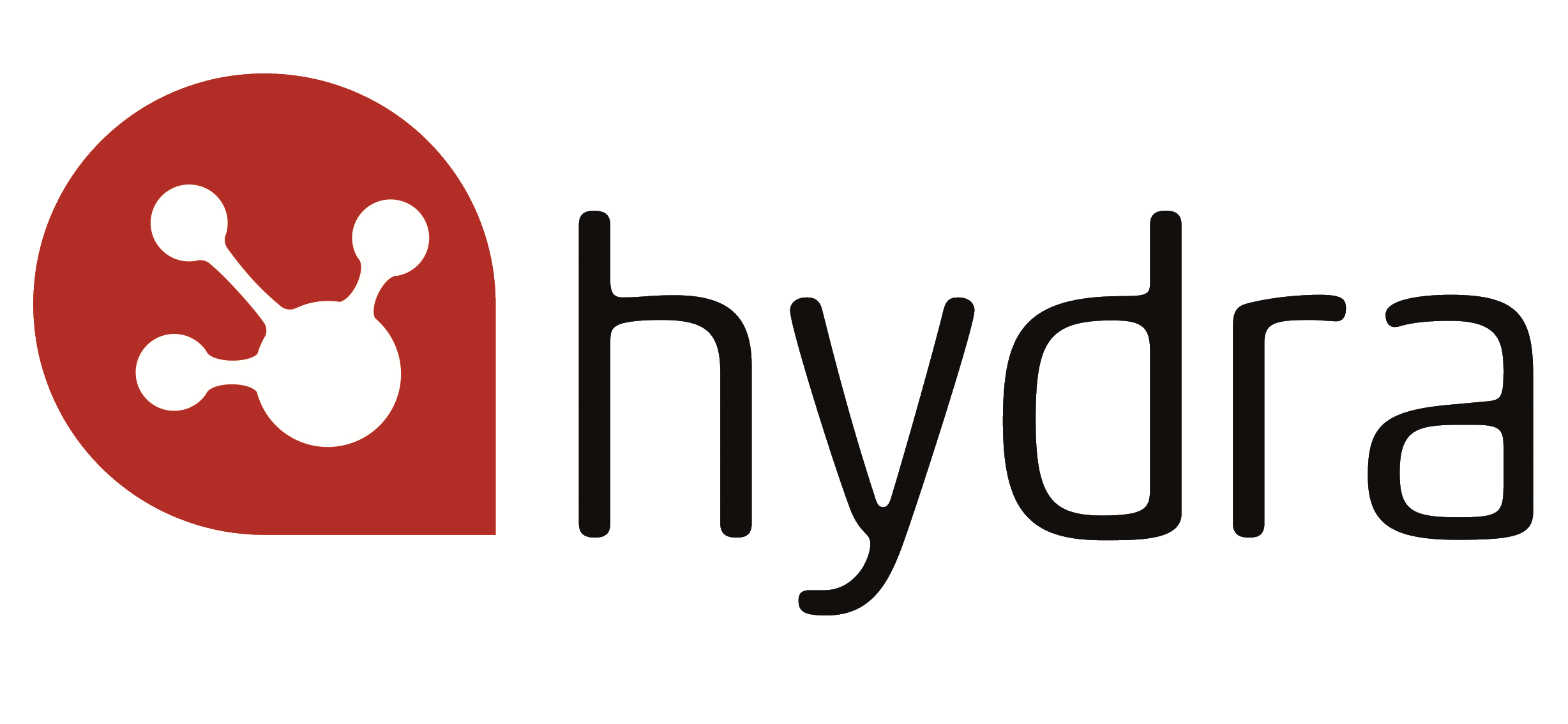For any Knowledge Management (KM) Strategy to work it has to be implemented authentically, bringing staff along with you. But what does this actually mean? By Paul Whiffen.
Some years ago, I was invited to lead KM implementation at an Oil & Gas Major Projects Contractor (six thousand staff). I was reporting to the CEO’s right-hand man who was a former senior officer in Royal Navy submarines. An Engineer by background, he was a character who had seen a lot of the world and a leader in the classic sense of the word. Energetic and visionary, the staff liked and trusted him, so I knew I had to engage him well in KM.
More than an IT system and Lessons Learned
Until that point, the organisation had seen KM as an IT system built around a Lessons Learned Data Base (LLDB) and document management. But it hadn’t worked; I recall on my first day being given a tour of the head office including seeing the LLDB – the comment made to me was,
“we have 24,000 lessons on there, but we don’t know what to do with them.”
Process documents were available but not well maintained and applied. I recall my manager saying to me,
“we know this system & document-led approach doesn’t work, there is a people engagement side that we are missing, how do we do this?”
Knowledge Management strategy is about taking a holistic approach that is a blend of roles, process, technology and governance – supported by very effective communications to deliver the change in outlooks required.
Learning what works
Crucially, it also requires a great deal of piloting – you can’t copy and paste roles & techniques from place to place or even predict the detail of what will work. The act of piloting, engaging and helping staff to test what works, adapting and tailoring the KM approach that works for them is very important to success in achieving the behavioural and cultural change that is required. The right approach for the organisation evolves and emerges over time, bringing people along with you as the staff themselves play a key role in making it right for them. It’s like building a bridge while crossing it with a spirit of innovation and experimentation.
This last point turned out to be a key one. Two years after we started this and a learning organisation was emerging, my manager said,
“This is working well. When we started this, I wasn’t sure this evolve and emerge approach would work - but it does.”
I had some sympathy with this, I had also been an engineer by background (e.g. parking oil rigs alongside platforms in the North Sea applying a combination of GPS and lasers to supervise positioning aspects) - I had learned that implementing an authentic KM outlook was a different approach to my experience in engineering.
Previously in my engineering-related operations I had done everything I could to eliminate ambiguity up-front, but in the implementation of knowledge management I had learned that working together with staff to discuss, air and resolve ambiguity together was very powerful in making and clarifying a new KM environment. So what does good knowledge management look like? Simply stated, KM is a holistic approach, managing knowledge as an asset, implemented through effective change management and bearing in mind the maxim, “people support what they create."
More from Paul
How to use knowledge management to future-proof your organisation
Why should you integrate knowledge management in to your business processes?
Free e-book - Are you 'Knowledge Ready?'
Did you know..
- 90% of the knowledge within an organisation remains within the heads of its employees [1]
- Organisation's that are most effective at knowledge transfer improve project outcomes by nearly 35%? [2]
Knowledge management is a difficult challenge that every organisation is faced with. Being able to retain and transfer valuable knowledge in your Business can be the difference between success and failure.
Our free downloadable ebook Managing the Right Knowledge and Managing the Knowledge Right shares the key questions and solutions for improving your knowledge management capabilities to help you become 'Knowledge Ready'.
Download your copy of Managing the Right Knowledge and Managing the Knowledge Right and start your journey to becoming 'Knowledge Ready'.
About Paul
 Paul Whiffen has been working in KM for 20 years, including Head of KM for three organisations in different sectors. He understands the theory and know-how to make KM real and effective from experience gained in both leadership and supporting consultancy.
Paul Whiffen has been working in KM for 20 years, including Head of KM for three organisations in different sectors. He understands the theory and know-how to make KM real and effective from experience gained in both leadership and supporting consultancy.
If you would like to learn more please visit his blog page or connect with him on LinkedIn.
[1] PMO Pulse of the Profession® 2015
[2] Pulse of the Profession® Capturing the Value of Project Management through Knowledge Transfer


